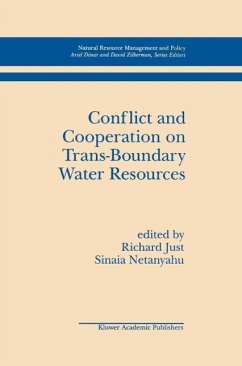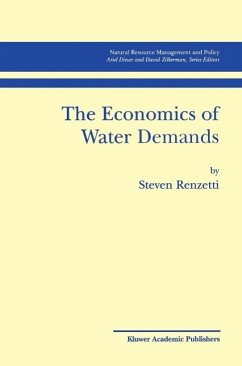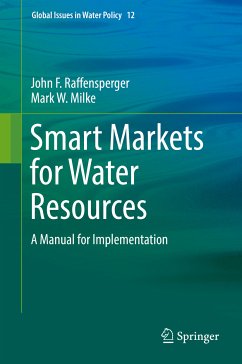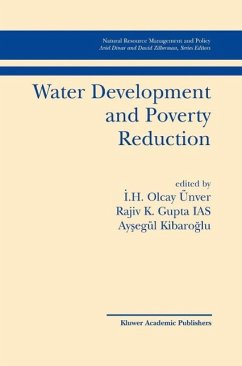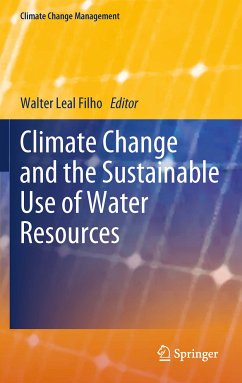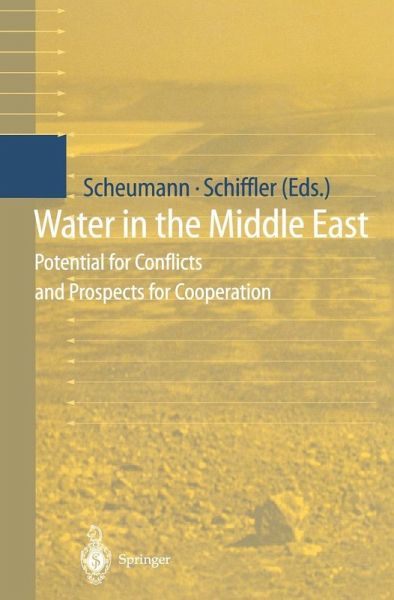
Water in the Middle East (eBook, PDF)
Potential for Conflicts and Prospects for Cooperation
Redaktion: Scheumann, Waltina; Schiffler, Manuel
Versandkostenfrei!
Sofort per Download lieferbar
72,95 €
inkl. MwSt.
Weitere Ausgaben:

PAYBACK Punkte
36 °P sammeln!
The fonner Egyptian Minister of State for Foreign Affairs and fonner UN Secre tary General, Butros Butros Ghali stated after the second Gulf War "The next war in the Middle East will not be fought for oil, but for water. " This famous statement has been echoed by many politicians: shortly before be coming president of Turkey, SOleyman Demirel declared that the waters of the Euphrates and Tigris belonged to Turkey, just as oil belongs to the Arabs. Rafael Eytan, at that time and now again Israeli Minister of Agriculture, declared in 1990 in full-page advertisements in the Jerusalem Post that Is...
The fonner Egyptian Minister of State for Foreign Affairs and fonner UN Secre tary General, Butros Butros Ghali stated after the second Gulf War "The next war in the Middle East will not be fought for oil, but for water. " This famous statement has been echoed by many politicians: shortly before be coming president of Turkey, SOleyman Demirel declared that the waters of the Euphrates and Tigris belonged to Turkey, just as oil belongs to the Arabs. Rafael Eytan, at that time and now again Israeli Minister of Agriculture, declared in 1990 in full-page advertisements in the Jerusalem Post that Israel would never cede the West Bank to the Palestinians because Israel's water supply would otherwise be endangered. Finally, Ismail Serageldin, vice president of the World Bank, declared in 1995 that "the wars of the next century will be over water". These statements are typical of the atmosphere reigning in the Middle East and in several other places around the world concerning the issue of international fresh water resources. Whether these perceptions correspond to an actual threat to a nation's water supply or whether they correspond to the official position of states in negotiations often conducted secretly, is an entirely different matter. A closer analysis of the issue of international fresh water resources, as we attempt in this book, admittedly reveals a dangerous potential for conflict over water.
Dieser Download kann aus rechtlichen Gründen nur mit Rechnungsadresse in A, B, BG, CY, CZ, D, DK, EW, E, FIN, F, GR, HR, H, IRL, I, LT, L, LR, M, NL, PL, P, R, S, SLO, SK ausgeliefert werden.



